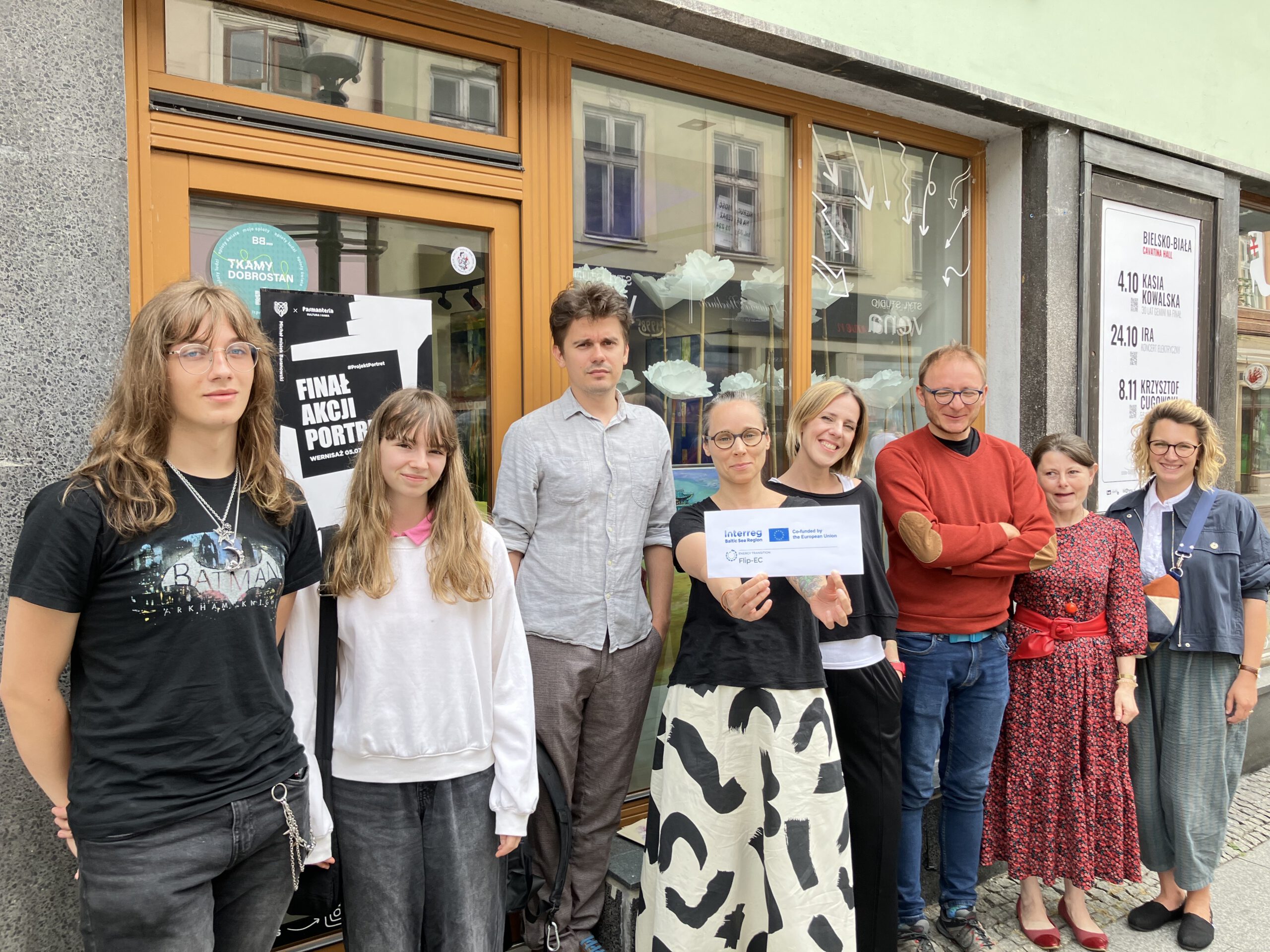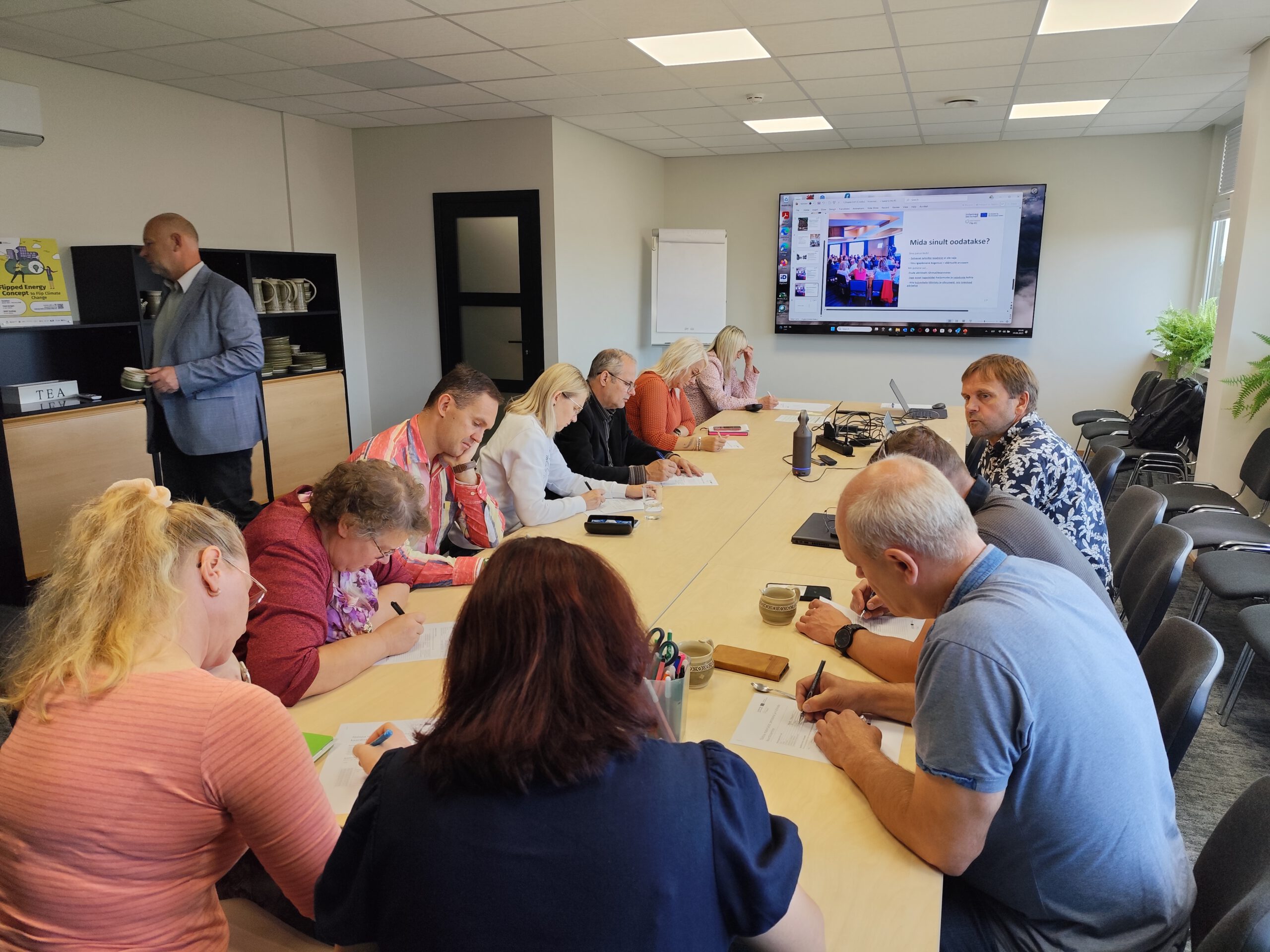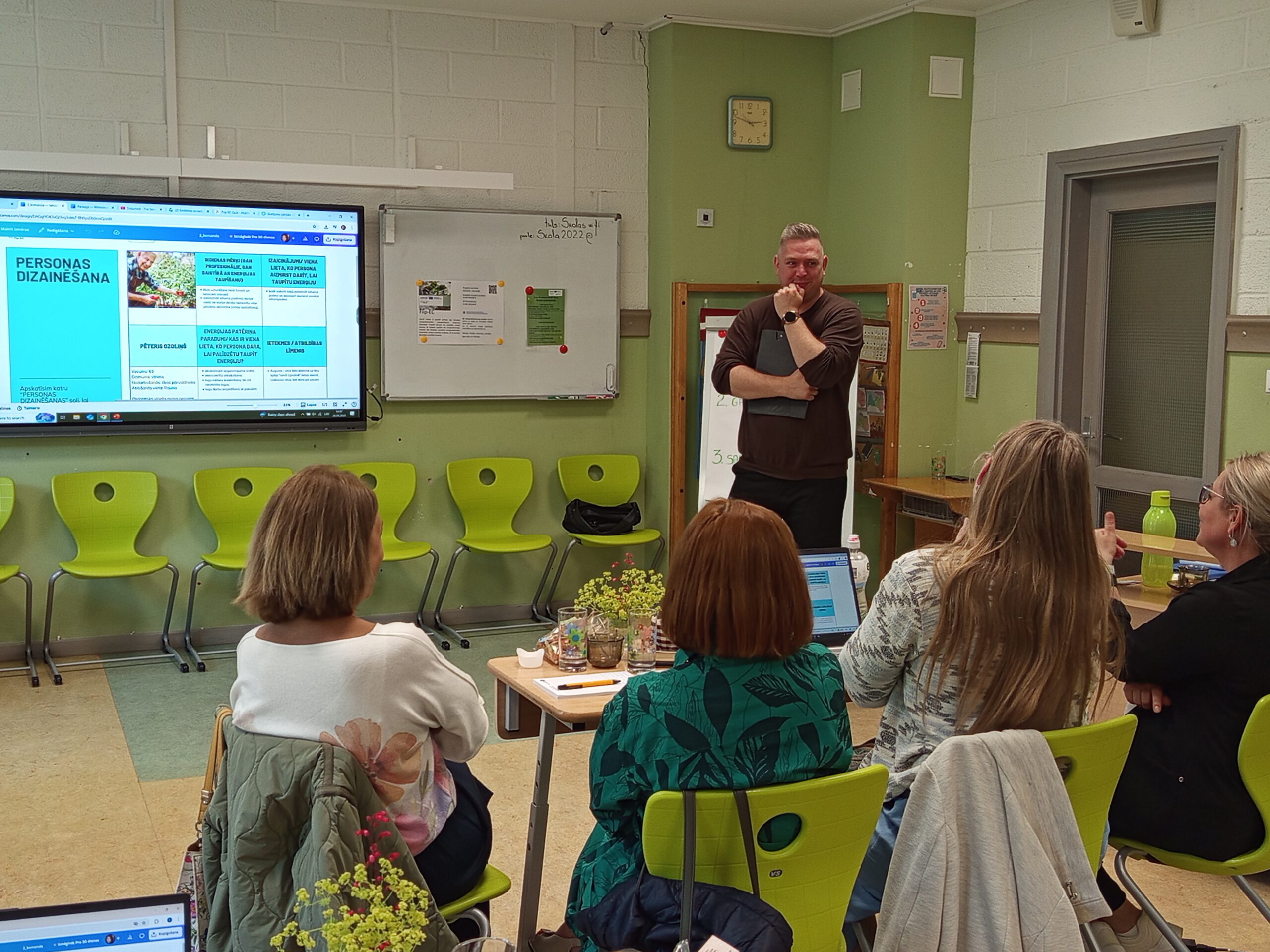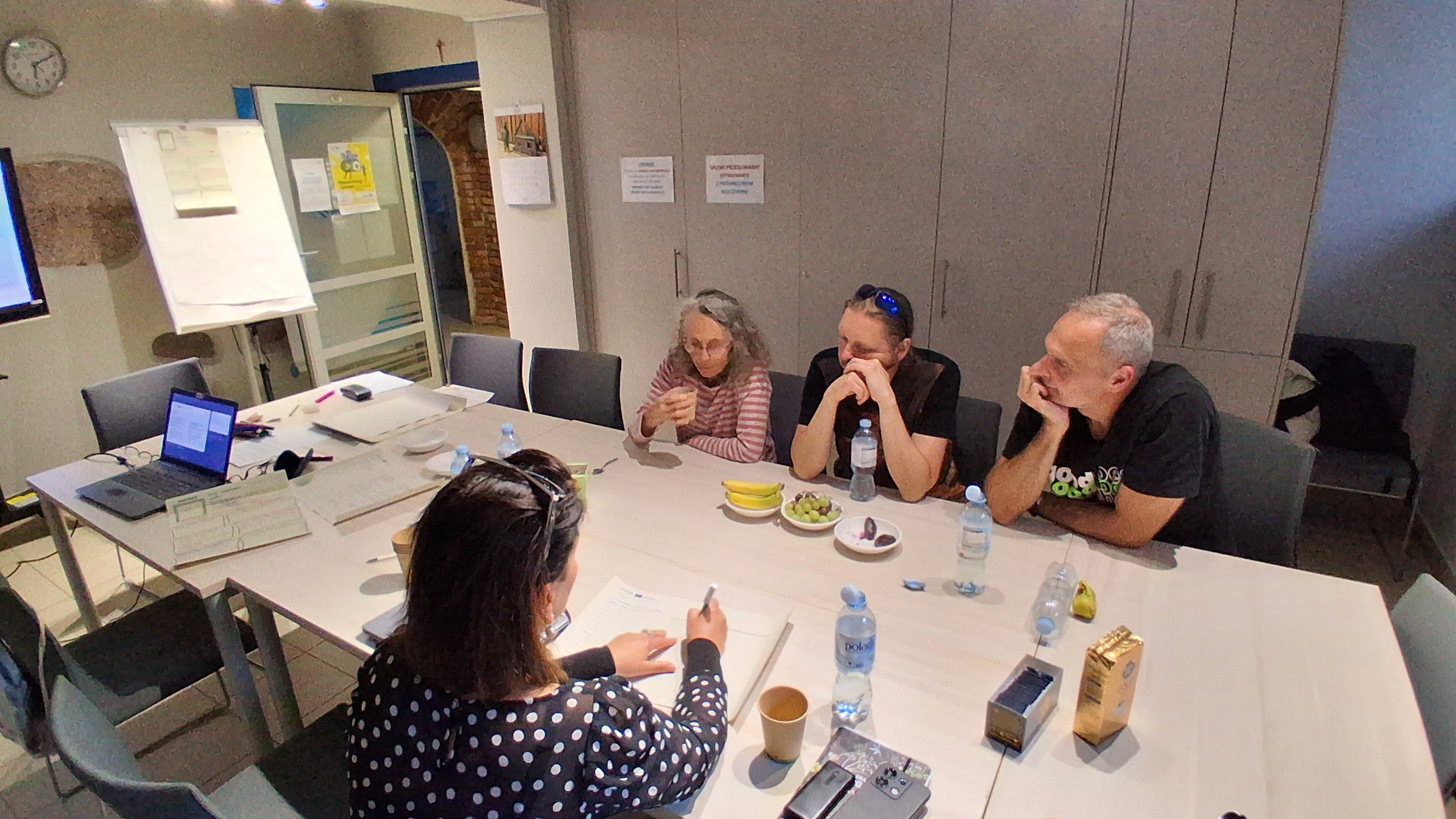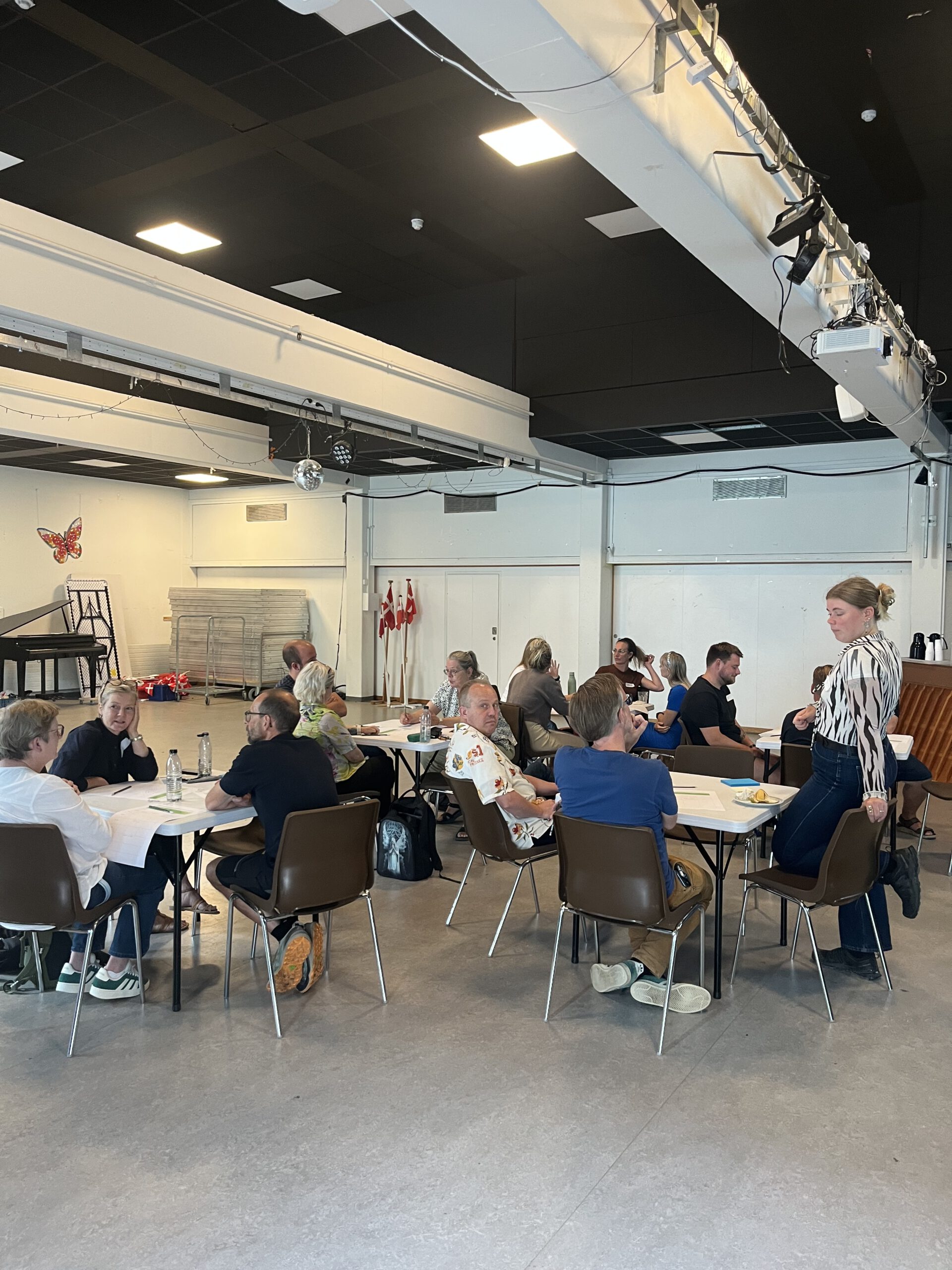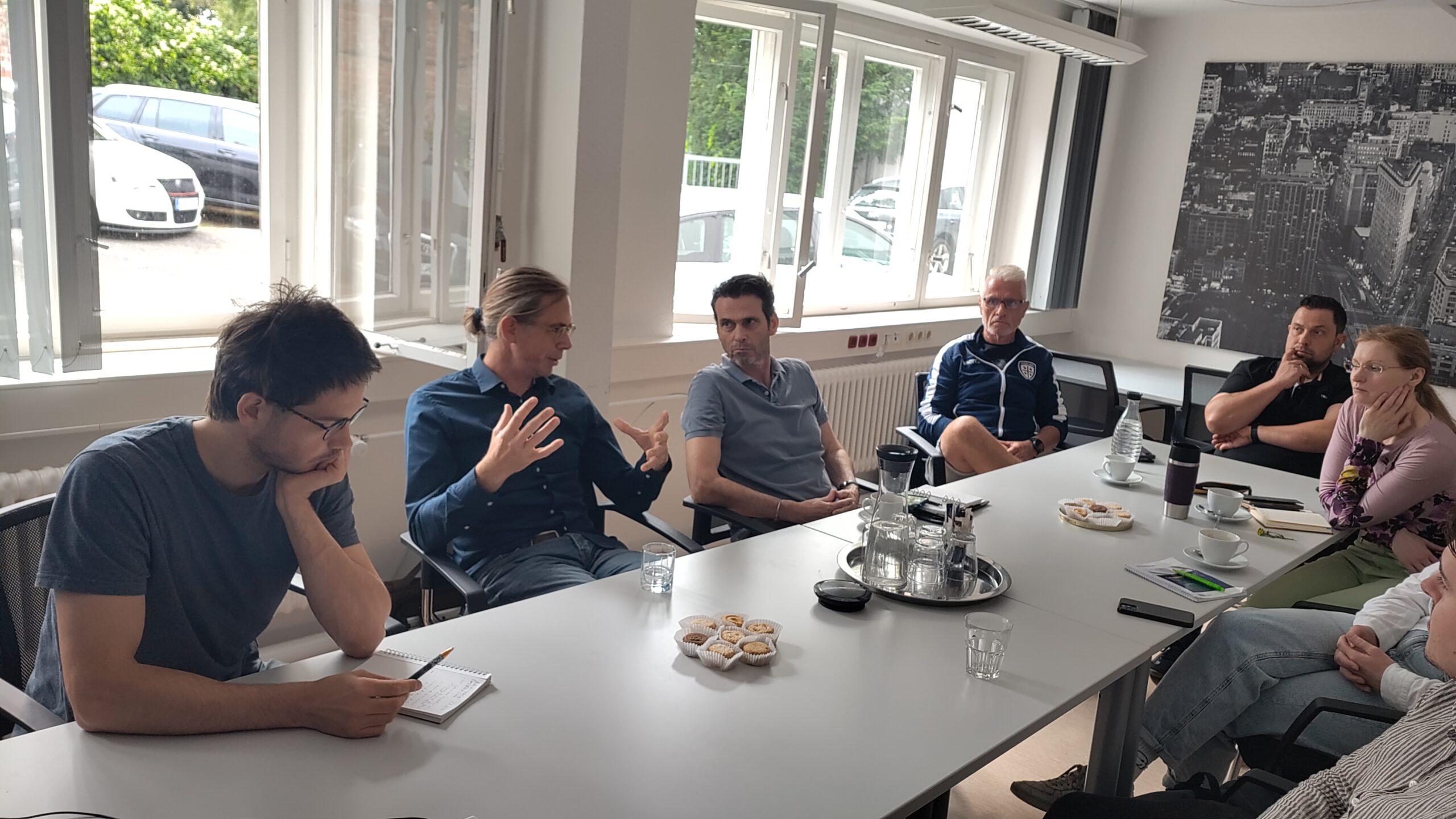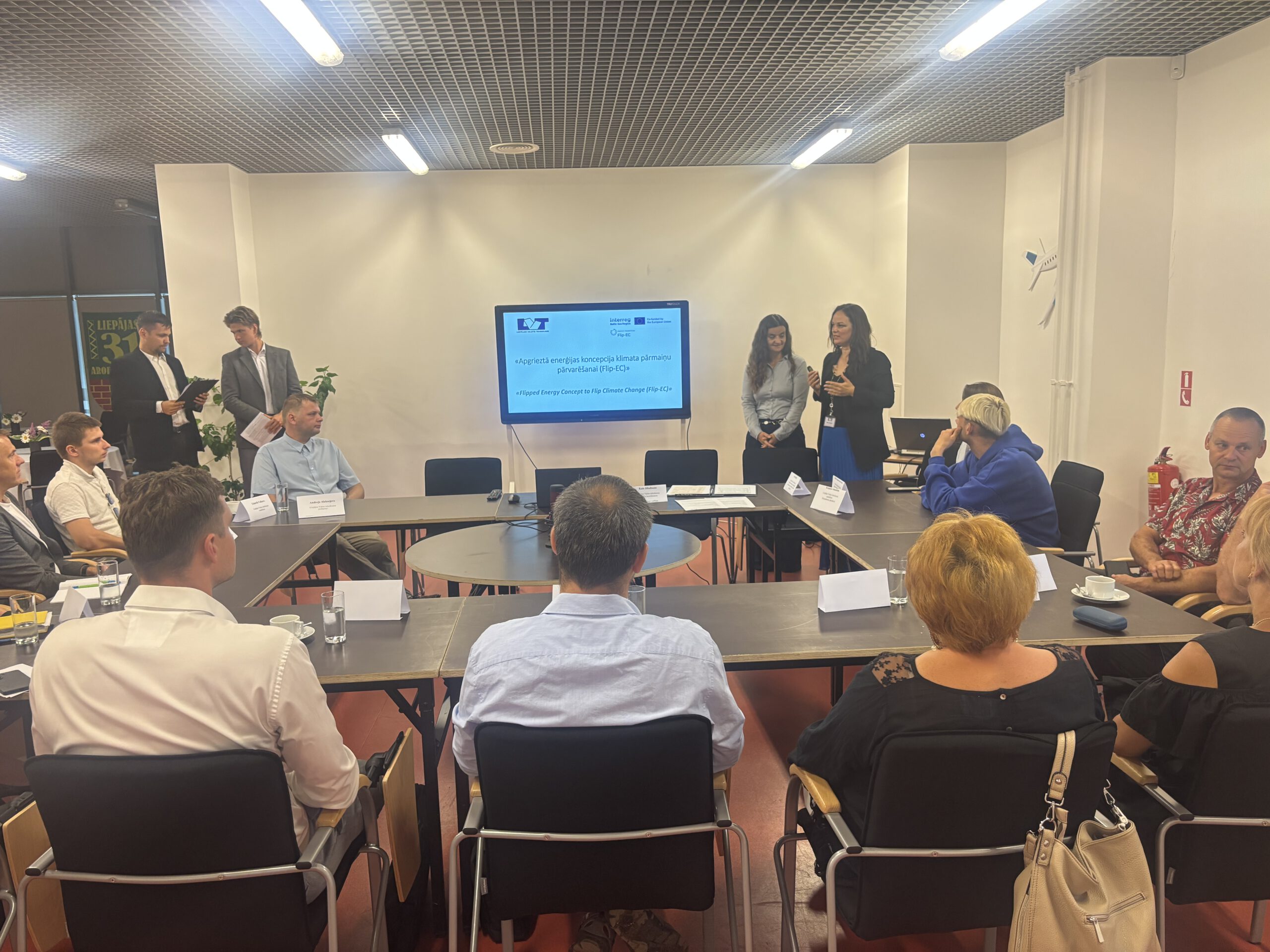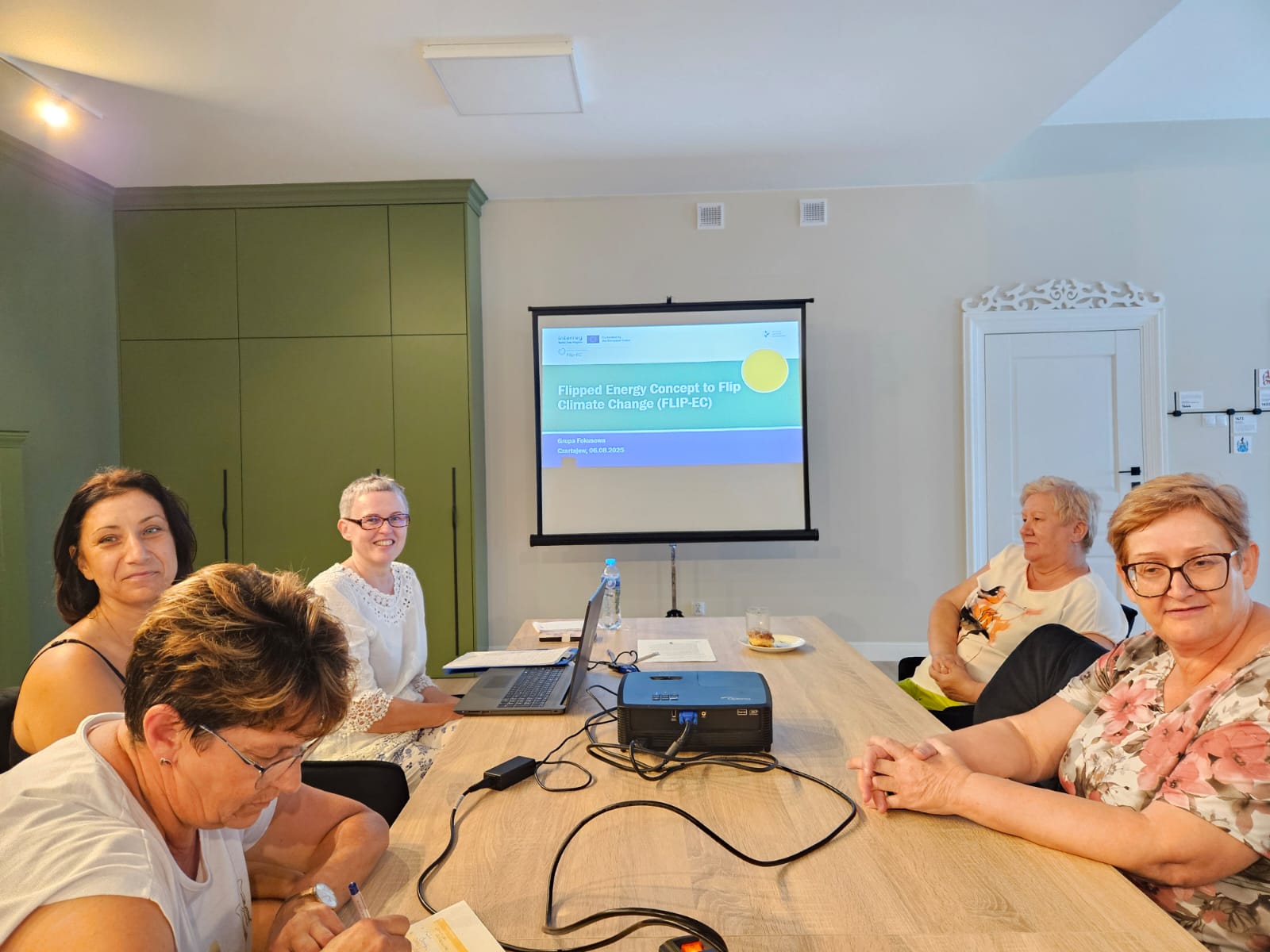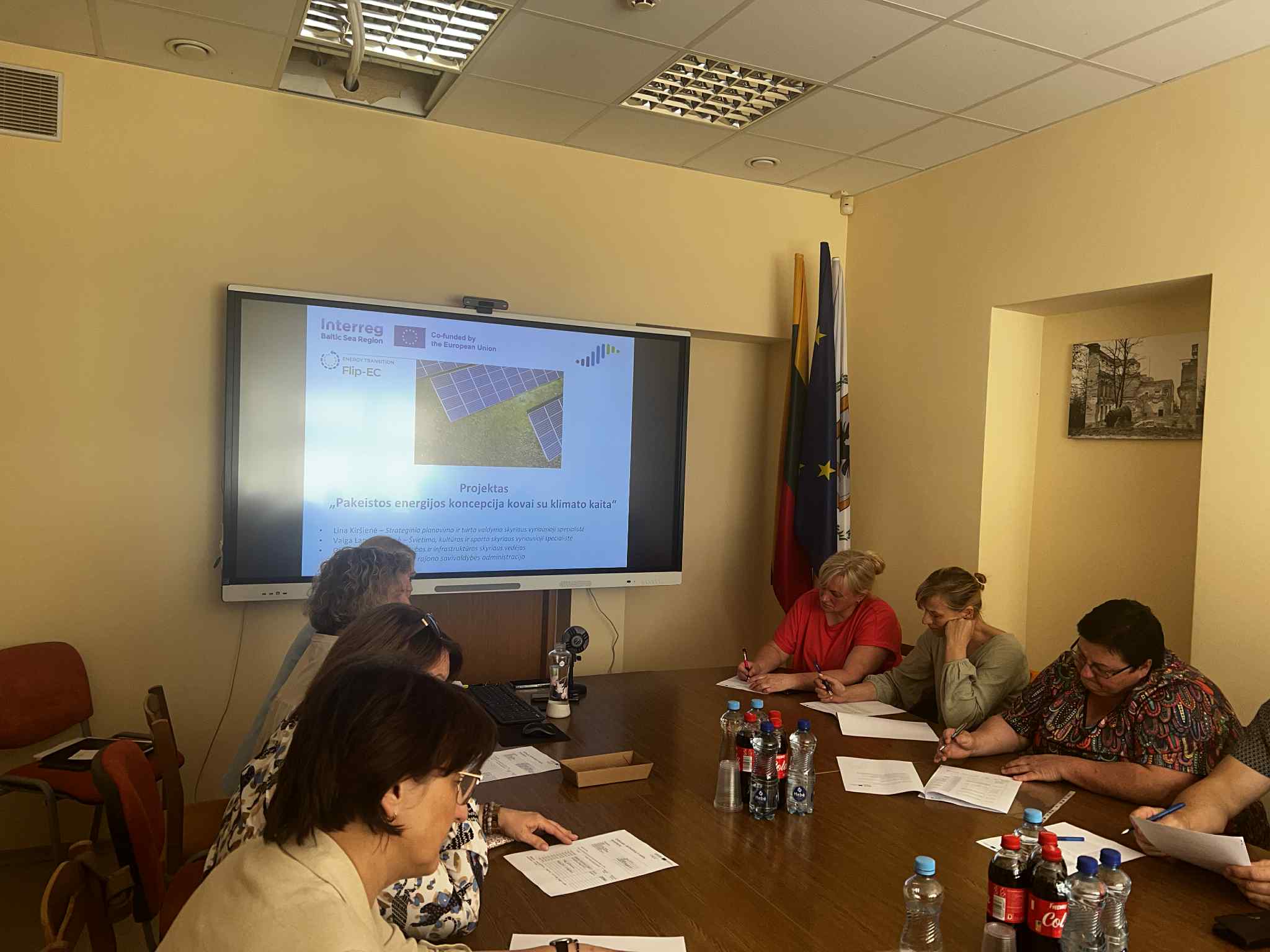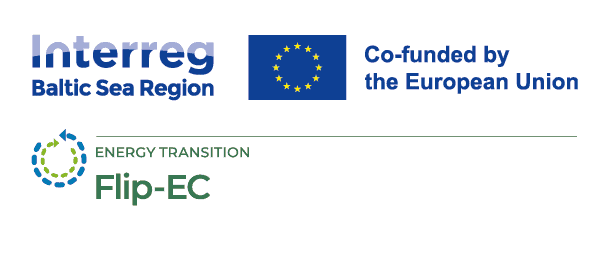
Flip-EC consortium has completed the first round of user journey workshops and focus groups
29 October 2025
Flip-EC consortium has completed the first round of user journey workshops and focus groups
Over the summer, the partners of the Interreg Baltic Sea Region project Flip-EC organised a series of focus groups and user journey workshops in six countries across the region: Smiltene and Liepāja (Latvia), Biržai and Molėtai (Lithuania), Võru (Estonia), Bielsko-Biała, Białystok and Czartajew (Poland), Lübeck (Germany), and Brøndby (Denmark). The activities were part of Work Package 1 of the project and brought together municipal representatives, facility managers, teachers, pupils, cultural centre employees, technical staff, NGOs, and other municipal building users.
Mapping everyday energy use
The workshops set out to understand how different users experience energy consumption in different types of municipal buildings. Through focus group discussions and user journey mapping exercises, participants identified daily routines, described challenges, and developed “personas” representing typical users such as teachers, janitors, or administrators. This method revealed the often overlooked but crucial role of behaviour in energy consumption.
Common themes across the region
Despite the diversity of locations, many common findings emerged:
- Behaviour and motivation matter: People are more attentive to saving energy at home than in public buildings, where responsibility feels less clear.
- Communication gaps persist: Unclear responsibilities and long hierarchies often prevent timely action, and users feel disconnected from technical systems.
- Training and awareness are needed: Facility managers and service staff called for more knowledge and skills to manage energy use effectively.
- Smart solutions can help: Digital tools, real-time dashboards, and automated systems were seen as promising, but only if users remain engaged and informed.
- Collaboration is key: Municipalities and users must work together, sharing both data and responsibilities, to achieve real and lasting savings.
Strengthening cooperation for energy efficiency
The workshops also highlighted opportunities. Participants proposed practical ideas, from appointing energy ambassadors and organising awareness campaigns, to gamifying energy-saving challenges and improving data transparency. Across countries, people expressed readiness to contribute if structures, responsibilities, and communication channels are clearer.
What’s next for Flip-EC?
The summer workshops have provided a strong foundation for the project’s next phase. Flip-EC partners will now use the collected insights to refine and test participation models and to develop practical engagement tools for municipalities. The goal is to ensure that technical upgrades and user behaviour go hand in hand — making public buildings across the Baltic Sea Region more energy-efficient, comfortable, and sustainable.






